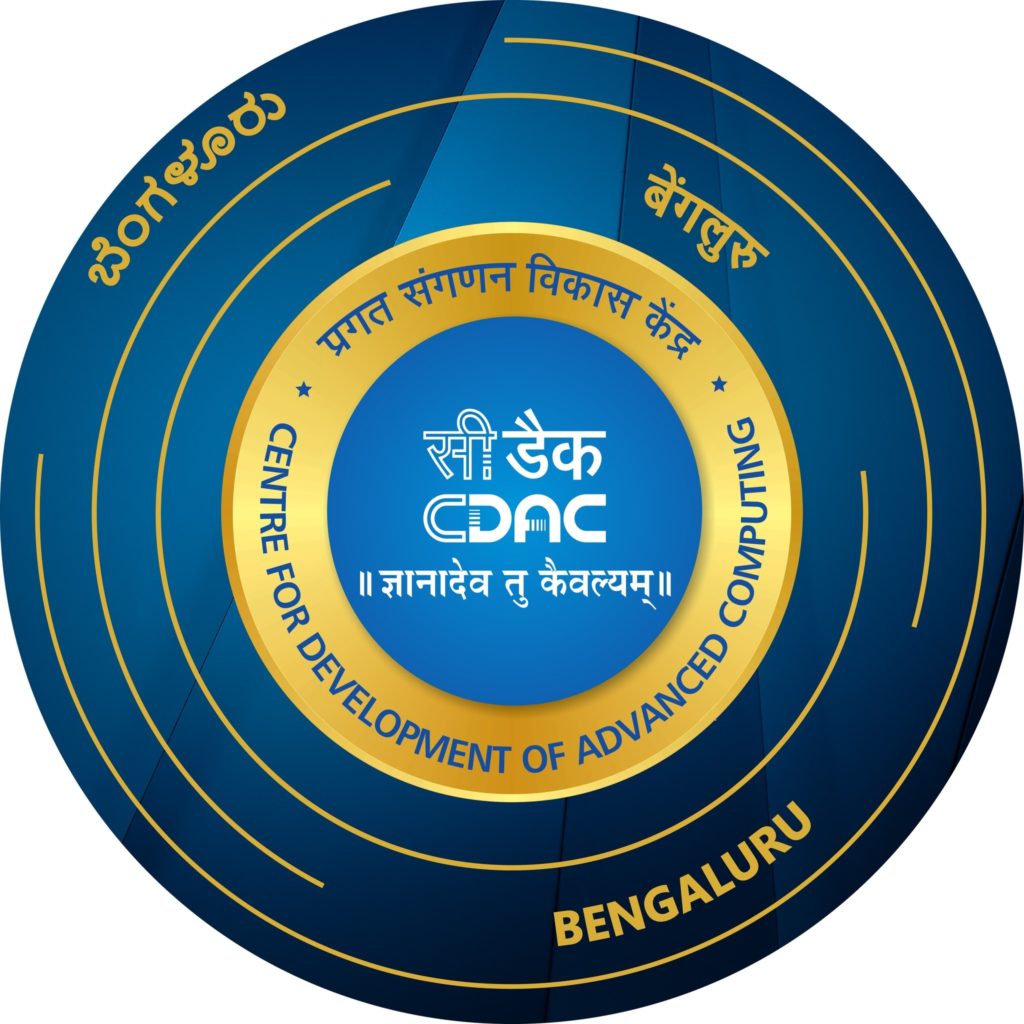Accepted posters TQC 2024
There are 429 accepted posters for TQC 2024. Of these, the Programme Committee highlighted 19 Outstanding Posters: you can find them by filtering on the dropdown tag menu below.
Clarifications
Accepted does not mean presented: Note that not all accepted posters will be presented at the conference due to author availability constraints. Shortly before the conference start, we will clarify which posters are set to be presented in person, based on whether the authors have registered for the conference. If you are interested in a particular poster, please contact the author directly.
Online presentation: For authors who cannot make it to the conference, it will be possible to present the poster online throughout the week on our Discord server. We will share instructions closer to the conference. In our experience, online attendance of these presentations is much lower than in-person attendance.
Withdrawing poster: If you cannot or do not wish to present your accepted poster, you don’t need to contact the organizers or PC chairs; this list will stay here to mark all submissions that were accepted. Exception: if you found a fatal mistake in the submission or would like to change the authors’ names, please let us know.
Upload media: If you would like to upload a thumbnail, more links or the poster pdf, please follow the link on the notification email sent by the PC chairs to the corresponding authors.
Poster sessions: The live poster sessions will be on Monday and Thursday (see schedule). If your poster submission number is below 290, you present on Monday; if it is above 290, you present on Thursday (290 is a talk). If you cannot make it to your allocated session, just bring the poster to the other session and find a free slot. You don’t need to ask the organizers.
Poster printing and size: The poster size should be A0 (84.1 cm × 118.9 cm) in portrait orientation. We recommend bringing your poster with you, as printing options in Okinawa are limited.
1.
Donghoon Kim, Tomotaka Kuwahara, Keiji Saito
Thermal Area Law in Long-Range Interacting Systems Poster
2024.
@Poster{P24_117,
title = {Thermal Area Law in Long-Range Interacting Systems},
author = {Donghoon Kim and Tomotaka Kuwahara and Keiji Saito},
url = {https://doi.org/10.48550/arXiv.2404.04172},
year = {2024},
date = {2024-01-01},
abstract = {The area law of the bipartite information measure is crucial in understanding quantum many-body physics and quantum information science. In thermal equilibrium, the area law for the mutual information universally holds at arbitrary temperatures as long as the systems have short-range interactions, and it is called the thermal area law. Contrary to this, for long-range interacting systems with power-law interactions, $r^-alpha$ (where $r$ is the distance), determining when the thermal area law applies is less clear. In this work, we clarify the optimal condition $alpha> alpha_c$ such that the thermal area law universally holds. Typically, examining the strength of the interaction across the boundary of two subsystems helps to identify these conditions. However, our findings suggest that the thermal area law is more robust than previously thought. We show the optimal threshold for the thermal area law by $alpha_c= (D+1)/2$ ($D$: the spatial dimension of the lattice), assuming a power-law decay of the clustering for the bipartite correlations. Intriguingly, this threshold also includes thermodynamically unstable scenarios where $alpha < D$. Moreover, we prove a power-law clustering theorem for $alpha > D$ to achieve an unconditional proof of the thermal area law above a certain temperature. We have validated this threshold through numerical simulations in both integrable and non-integrable systems. Our numerical studies on logarithmic negativity confirm that the same condition $alpha > (D+1)/2$ applies to the thermal area law for quantum entanglement.},
keywords = {Poster session Monday},
pubstate = {published},
tppubtype = {Poster}
}
The area law of the bipartite information measure is crucial in understanding quantum many-body physics and quantum information science. In thermal equilibrium, the area law for the mutual information universally holds at arbitrary temperatures as long as the systems have short-range interactions, and it is called the thermal area law. Contrary to this, for long-range interacting systems with power-law interactions, $r^-alpha$ (where $r$ is the distance), determining when the thermal area law applies is less clear. In this work, we clarify the optimal condition $alpha> alpha_c$ such that the thermal area law universally holds. Typically, examining the strength of the interaction across the boundary of two subsystems helps to identify these conditions. However, our findings suggest that the thermal area law is more robust than previously thought. We show the optimal threshold for the thermal area law by $alpha_c= (D+1)/2$ ($D$: the spatial dimension of the lattice), assuming a power-law decay of the clustering for the bipartite correlations. Intriguingly, this threshold also includes thermodynamically unstable scenarios where $alpha < D$. Moreover, we prove a power-law clustering theorem for $alpha > D$ to achieve an unconditional proof of the thermal area law above a certain temperature. We have validated this threshold through numerical simulations in both integrable and non-integrable systems. Our numerical studies on logarithmic negativity confirm that the same condition $alpha > (D+1)/2$ applies to the thermal area law for quantum entanglement.





